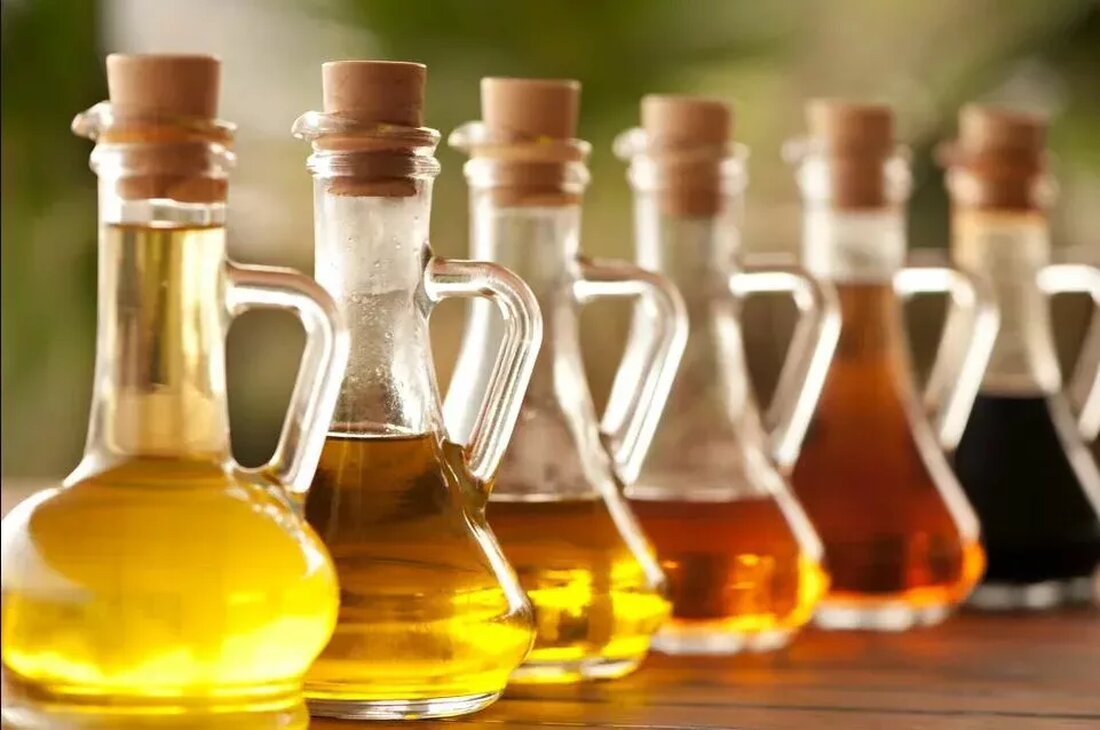Senior Nutrition: Hydration and Healthy Aging
Senior Nutrition: Hydration on the Effects of Aging Dehydration is the depletion of total body water content due to fluid loss, lack of fluid intake, or both. The following article contains suggestions for seniors and those who care for them themselves or with the help of caregivers. According to studies by European Danone Research, there are several reasons for dehydration in older people: 1. Muscle mass and water retention decrease with age: This also increases body fat - a tissue that does not contain water. Between the ages of 20 and 80, four to six liters of body water can be lost (Gile, 2010). Therefore, even smaller water losses can lead to dehydration...

Senior Nutrition: Hydration and Healthy Aging
Senior Nutrition: Hydration on the Effects of Aging
Dehydration is the depletion of total body water content due to fluid loss, lack of fluid intake, or both. The following article contains suggestions for seniors and those who care for them themselves or with the help of caregivers. According to studies by European Danone Research, there are several reasons for dehydration in the elderly:
1. Muscle mass and water retention decrease with age: This also increases body fat - a tissue that contains no water. Between the ages of 20 and 80, four to six liters of body water can be lost (Gile, 2010). Therefore, even smaller water losses can lead to dehydration.
2. The feeling of thirst becomes dull: The mechanisms required to regulate blood pressure become less sensitive as we age. In addition, neurotransmitters involved in the feeling of thirst are reduced, which affects the regulation of fluid intake.
3. Kidney function is impaired: With increasing age, the retention of kidney water is impaired. Aged kidneys cannot concentrate urine or water as well. Impaired sodium regulation also occurs and reduces the body's ability to maintain water regulation in the body.
4. Other risk factors: With aging comes problems with the throat, leading to difficulty swallowing and speaking. Caregivers can also experience problems with understanding and communication. Dehydration can be caused by rooms that are too warm. Caregivers may forget to give water, etc. Additionally, some people prefer drinking coffee or sugary pop drinks, which leads to more dehydration. Prescription medications like diuretics and laxatives can also cause poor water absorption.
Prevention of dehydration and the need for greater monitoring
Fluid recommendations: In the US, the National Academy of Science suggests 3.7 L (1 gal) daily for men and 2.5 L (0.62 gal) for women. The European Food Safety Authority has set a reference value of 2.5 L (0.62 gal) for older men and 2 L (0.50 gal) for women (1 gal = 1 oz). It is doubtful whether these recommendations will be followed. A 2009 study found that 63% of 65- to 74-year-olds did not meet recommendations. And at the age of 85, the number of those who did not meet the recommendation increased to 81%!
This constant state of dehydration has resulted in increased mortality rates among elderly hospitalized patients (Mentes, 2006). Those hospitalized for dehydration had a 50% mortality rate. Even if they are not hospitalized for dehydration, the resulting dehydration increases the 12-month mortality risk by 16-78%. It has also been found that dehydration can increase the risk of repeated hospitalizations.
Dehydration makes aging more difficult, with reduced cognitive function and more falls. Supplements such as Advocare Rehydrate, Gatoraide and Cytomax cannot be used due to complications from conditions such as heart failure. Sodium and potassium levels also need to be monitored more closely in older people.
Conclusion
Water is often a forgotten nutrient. It is an important part of the diet and without adequate hydration can lead to a more difficult and unpleasant aging process. For active seniors, it goes without saying that water is a must. However, it is sometimes overlooked by the older population and their caregivers. One cannot overemphasize the importance of daily water intake.

 Suche
Suche
 Mein Konto
Mein Konto
